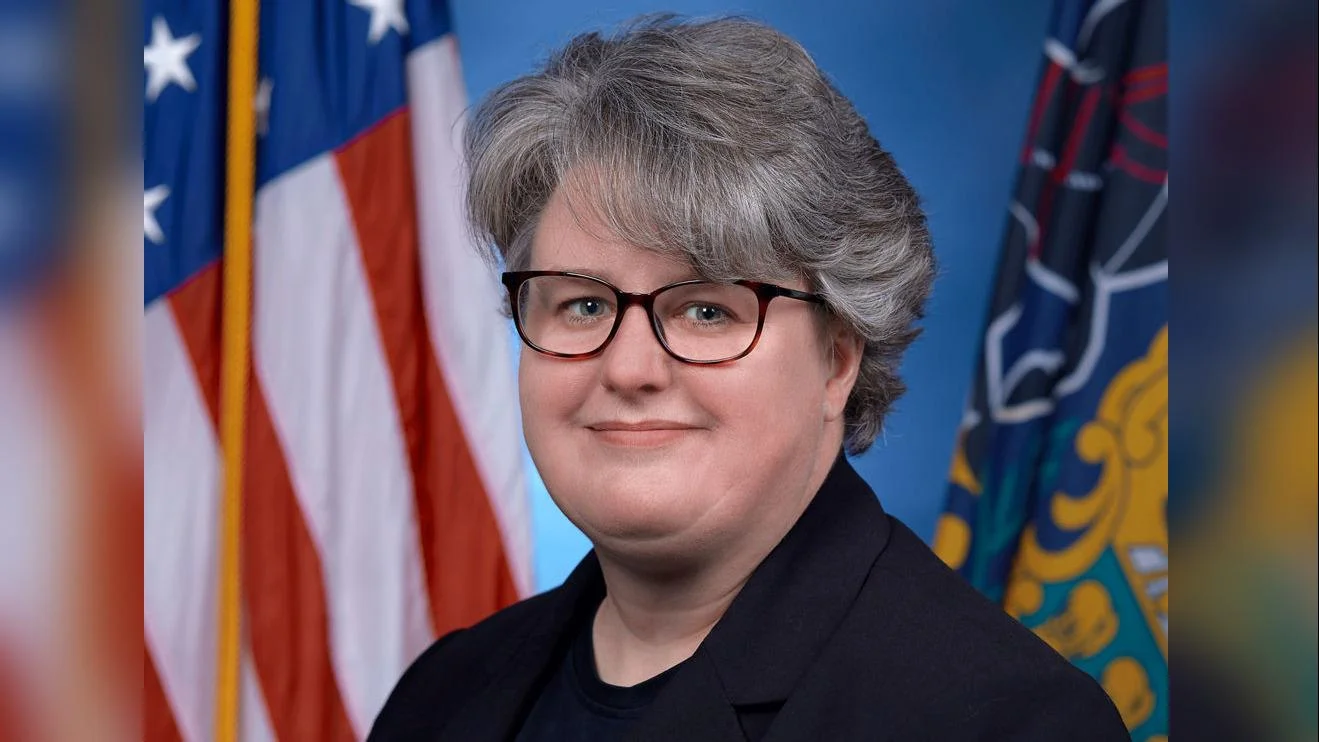
Elizabeth “Betsy” Corcoran, Co-founder and CEO | EdSurge Research
The latest polling data from the Walton Family Foundation and Gallup shows that only 35 percent of U.S. adults are satisfied with the quality of K-12 education in the country, marking a record low since Gallup began tracking this sentiment in 1999. This figure represents an eight-point drop from last year.
Despite this overall dissatisfaction, most parents remain positive about their own children’s schooling. The poll found that 74 percent of parents are satisfied with the education their oldest child receives, while 39 percent express satisfaction with K-12 education nationally.
Megan Brenan, senior editor at Gallup and author of the analysis, noted that this pattern is not unique to education. “Even beyond the data about education quality, people are likely to opine that crime rates, health care or lawmakers are doing poorly — but say that crime in their community, their health care quality or their own representatives are fine,” Brenan said.
Political factors play a significant role in shaping these views. The recent decline in satisfaction was mainly driven by Democrats after the start of the second Trump administration, echoing a similar decline among Republicans during the Biden presidency. “We asked people who said they were dissatisfied with education in the U.S., what are the main reasons why you're dissatisfied?” Brenan explained. “We got a lot of ‘curriculum,’ ‘indoctrination’ — that kind of a political lean to it. We also had, ‘It's poor quality,’ ‘Other countries are much better than us.’ These are the things that kind of rose to the top there.”
William Jeynes, professor at California State University, Long Beach, expects this gap between national and personal perceptions to persist. He points out that Americans may feel powerless to improve education on a national scale but more optimistic about influencing their own children’s experiences. “A majority of the explanation is that when it comes down to their own children, parents do not have a sense of helplessness or learned helplessness,” Jeynes said. “Most of them will say, ‘I have a good enough relationship with the teacher and maybe even the principal that if I have concerns or suggestions for improvement, I will have a listening ear.’”
Jonathan E. Collins, assistant professor at Columbia University, also notes this long-standing trend but says its current magnitude is unusual. “It does raise questions as to what's creating this new distance, and it's hard not to see the fact that education has become so politicized as being at least one of the primary reasons why,” Collins said. He highlighted how bipartisan support for major education legislation like No Child Left Behind and Every Student Succeeds Act has given way to more polarized debates since 2019.
Gallup’s data shows shifting partisan attitudes: Democratic satisfaction with K-12 education peaked at 63 percent in 2021 when President Joe Biden took office but has since dropped to 42 percent; Republican satisfaction fell from 50 percent to 34 percent in 2021 and now stands at 29 percent.
Jeynes emphasized that actual educational outcomes do not shift dramatically between administrations. “[Test scores] may go up because of the president two or three years before,” he said. “We need to put aside whatever our belief system is and make for a better education system no matter who is in office and realize these are bipartisan issues. Who wants lower scores?”
Political mobilization around parental dissatisfaction has influenced recent campaigns. Republicans highlighted these concerns during the pandemic through a “parents rights” platform focusing on issues like critical race theory.
“When I see this poll, and I see these responses, especially this deep decline in satisfaction, it makes me suspect that we're gonna continue to see education as an issue play a major role in state and federal campaigns and elections,” Collins said. “I think we should be also looking for the results of this poll to be the seed of something that grows into major debates that occur in the midterm elections coming up next year, and possibly even setting the stage for the next presidential election in ’28. So don't be surprised if this doesn't go away.”





 Alerts Sign-up
Alerts Sign-up